With 72.21 per cent of the one billion plus population living in 6.38 lakh village of India, rural economy deserves the focus of all extension efforts. Though the rural economy, primarily agrarian, has hitherto performed gallantly, the current state of Indian agriculture provides a contrasting picture of low growth amid plenty. In this paradoxical situation, the profound influence of the market factors is greatly impacting the country’s agriculture by gradually transforming conventional farming into agri-business and likewise farmers into agri-preneurs. IN this process, high value crops, horticulture, agro-industries, processing, agri-export, contract farming, community organizations etc., are getting much impetus. Owing o these developments, pluralism of extension service providers with diversity in their mission but unfield in vision assumes significance. Though public sector extension is still a main player, the situation is slowly but surely reversing with the government seeking increased partnership with the corporate sector to promote public-private partnership in extension services. Moreover, a role for a third sector ie., farmers and their organizations is also being increasingly emphasized so that users can take on more responsibility for extension. In addition, the ICAR institutes, State Agricultural universities, NGOs and banks with their own extension networks are observably setting new trends with respect to demand-driven and farmer-participatory extension. Though, promoting extension pluralism seems to be a panacea, it is also a pandora’s box with several underlying issues. Particularly, relevancy, participation, linkage, outsourcing, cost sharing, terms of reference, quality control, accountability etc., are issues that need to be sorted out in relation to nature of services and target groups. In order to explore and debate on these contentious issues and associated factors, a "National seminar ion extension Pluralism for Rural Development" was held for two days, organized by the Society of Extension Education (SEE), TNAU (Tamil Nadu Agricultural University) campus, Coimbatore, Tamil Nadu. The Participants belonged to different parts of the country and they included mainly agricultural extension scientists of State Agricultural Universities, ICAR institutes, NGOs and students. The seminar deliberations centered around four important themes viz., Review of extension Pluralism, Linkage Mechanisms, Cost Sharing, and Policy Framework. Nearly hundred papers, both conceptual and research in nature were presented during the seminar, highlighting the various issues relating to extension pluralism and associated factors. Owing to the importance of the subject in the current agricultural scenario, with reference to the national and global changes, it was decided to publish selected papers presented in the seminar in book form. The papers included in the book cover a wide range of issues related to the seminar themes and associated aspects. Another feature is that the articles include research studies that have been conducted in different parts of the country. This book will be of value to agricultural scientists, extension personnel and development workers belonging to public, private, banking, NGO and other development sectors, as it provides new insights into the theory and practice of extension pluralism. Besides, students of agriculture and rural development, especially postgraduate students, will find the book a useful reference material.
New Dimensions and Approaches in Extension Pluralism for Rural Development
$45.00
$50.00
In stock
Free & Quick Delivery Worldwide
All orders amounting to US$ 50 or more qualify for Free Delivery Worldwide. For orders less than US$ 50, we offer Standard Delivery at $14 per book.
ABOUT THE AUTHOR H. Philip
Dr. H. Philip, Professor, educational Media Centre (EMC), Tamil Nadu Agricultural University (TNAU), has a Ph.D., in Agrl. Extension and PG Diploma in Computer Applications. He is the recipient of the Best Extension scientist Award (twice) and the Nataraj Rolling Shield and Medal for Agrl. Extension. He has guided 8 M.Sc and 2 Ph.D. students so far. He is responsible for establishing the educational Media centre in TNAU with professional & state-of –the-art video film equipment. He has produced till now nearly 150 video documentaries, 25 audio cassette lessons and more than 600 radio programmes on agriculture. He has organised one international and 9 national level training programmes, besides participating in 6 International and 22 National level seminars/workshops. He has published 62 papers and edited 22 books. Currently, he is the Chief editor of the Journal of extension Education. He is a member in the International extension Formu, Madaras Agrl. Students Union, Distance Committee of TNAU and Society of Educational Technology. He has traveled to Canada for Participating in a training conducted by the university of Guelph, Toronto.
ABOUT THE AUTHOR J. Vasabthakumar
Dr. J. Vasanthakumar is and alumnus of Tamil Nadu Agricultural university (TNAU), Coimbatore and Indian Agricultural research Institute, New Delhi. He served TNAU during 1982-1987. He has been serving Annamalai University since 1987 and has been the head of the department of Agricultural extension since 1994. He was a Commonwealth Academic Staff Fellow at reading University during 1990-1991. He was honoured with Young Scientist Award of Asian Fisheries Society (Indian Branch) for his Fisheries extension Research and Dr. K.N. Singh Memorial Award of Indian Society of Extension education for excellence in Extension research. He has operated many national and International research projects. He has operated many national and International research projects. He has guided eight Doctoral candidates and 27 Postgraduate students. Prof. Vasanthakumar has contributed chapters for FAO manual on Agricultural Extension and for Government of India Book on Millennium Study of Indian farmers besides more than 35 research papers in national and international journals. Dr. vasanthakumar is the Vice –President of Society of Extension Education and Indian Society of Fishery economics.
ABOUT THE AUTHOR R.K. Theodore
Dr. R.K. Theodore, Associate Professor, Tamil Nadu Agricultural university (TNAU) has a Ph.D., in Agricultural Extension. He was a FAO fellow in the university of Western Sydney, Hawkesbury, Australia for advanced training on Systems Thinking and Experimental Learning. He has served in the National Institute of Agricultural Management (MANAGE), Hyderabad and has offered training and consultancy for different clientele groups. He is a recognized National Level facilitator to conduct training on Agricultural Extension Management, Participatory Watershed Management, farming Situation based extension and Participatory Rural Appraisal. He has visited abroad to countries like United Kingdom and Australia. He has published several papers in international and national journals especially in the area of Systems Agriculture. Currently he is the Public Relations Officer of the Tamil Nadu Agriculture. Currently he is the Public relations Officer of the Tamil Nadu Agricultural University.
reviews
0 in total
Review by Anonymous
New Dimensions and Approaches in Extension Pluralism for Rural Development
Be the first to review “New Dimensions and Approaches in Extension Pluralism for Rural Development” Cancel reply
You must be logged in to post a review.
Bibliographic information
Title
New Dimensions and Approaches in Extension Pluralism for Rural Development
Author
Edition
1st ed.
Publisher
Agrobios (India), 2007
ISBN
9788177543100
Length
xxxii+328p., Tables; Figures; References; 23cm.
Subjects
more by H. Philip see more
more by M S Nataraju see more
Human Resource Management: Perception, Performance, Satisfaction
From the preface: Management ...
$79.20
$88.00
Farm Advertisements in Mass Media
$26.10
$29.00
similar bookssee more
Beneath the Grinding Stone: A Story of Changemakers Confronting Patriarchy
Study on the problems of sex ...
$12.60
$14.00
Good Governance and Economic Growth
$51.30
$57.00

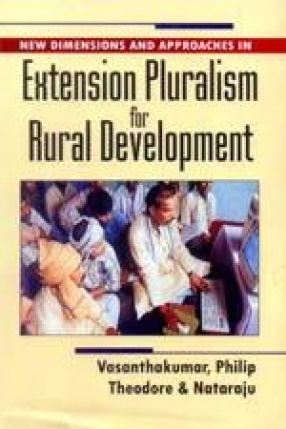
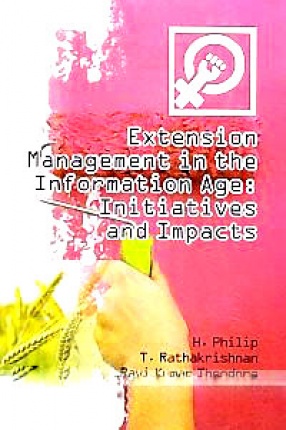
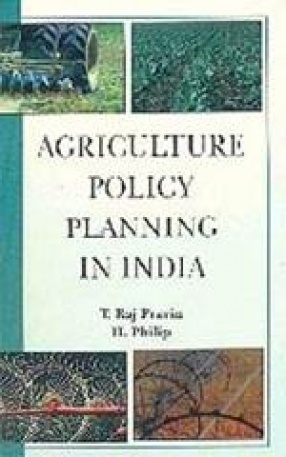
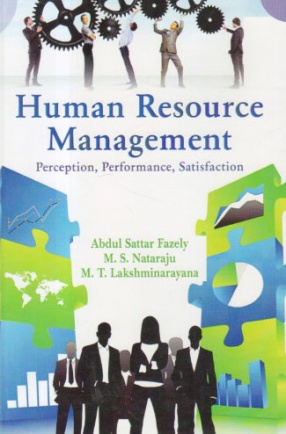
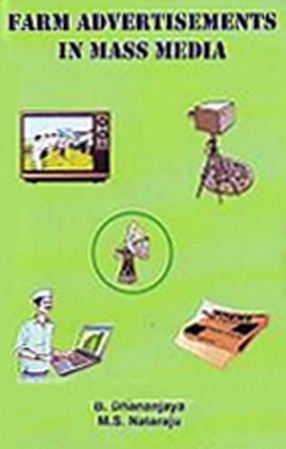
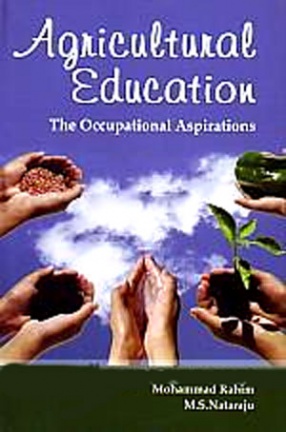
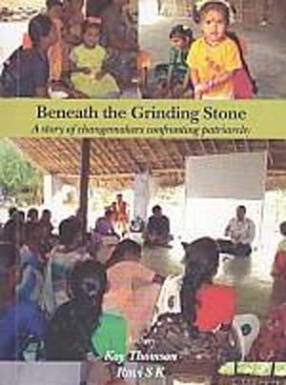
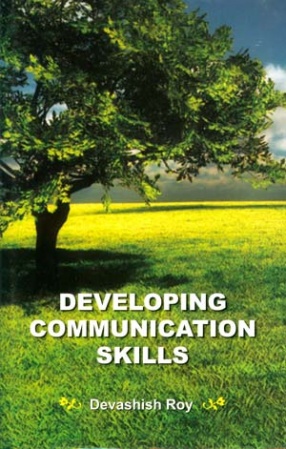
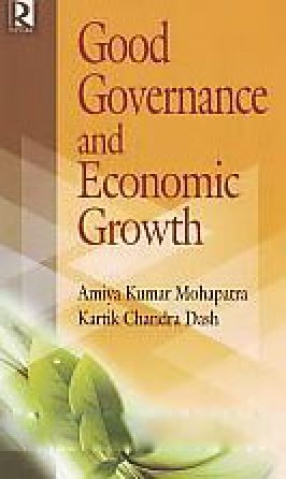
There are no reviews yet.